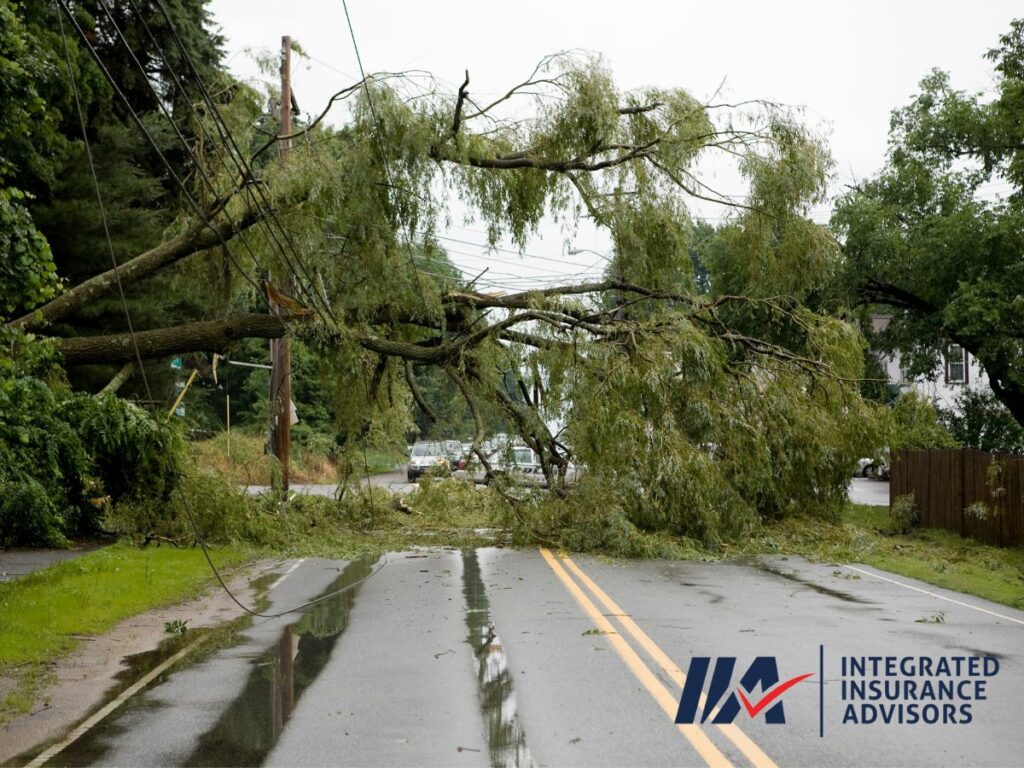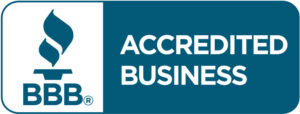
Be Prepared Before Hurricane Season Brings Severe Weather
As hurricane season approaches, it’s crucial for homeowners to take proactive steps to safeguard their properties and loved ones. While living 250 miles from the beach may provide some protection from the storm surge, the damaging winds, torrential rains, and tornado threats that hurricanes bring can still pose significant risks. Ensuring your homeowners insurance policy adequately covers wind and hail damage is just one piece of the preparedness puzzle.
Comprehensive Home Inventory: Your First Line of Defense
Creating a detailed home inventory is a crucial step in protecting your assets in the event of a severe weather emergency. This comprehensive record of your possessions can serve as a vital tool in the claims process, helping you quickly and accurately document any losses. Begin by thoroughly surveying each room in your home, capturing photographs or videos of your belongings and making note of make, model, and serial numbers where applicable. Don’t forget to include items stored in closets, drawers, and attics.
Digitize and Safeguard Your Inventory
Once you’ve completed your visual inventory, the next step is to ensure its safekeeping. Upload the digital files to a secure cloud storage platform or save them on an external hard drive kept in a separate location from your home. This will prevent the loss or damage of your inventory in the event of a disaster. Regularly update your inventory as you acquire new items, and be sure to delete any entries for possessions you’ve since replaced or discarded.
Insure Your Valuables Appropriately
In addition to your general home inventory, pay special attention to high-value items like jewelry, art, and collectibles. These may require separate, specialized coverage beyond the limits of your standard homeowners policy. Consult with your insurance agent to ensure you have adequate protection for your most prized possessions.
Fortify Your Home’s Exterior
Safeguarding the exterior of your home is crucial in withstanding the powerful winds and heavy rainfall associated with hurricanes. Begin by inspecting your roof, gutters, and downspouts, ensuring they are in good repair and clear of debris. Consider reinforcing your roof with hurricane straps or clips, which can significantly improve its resistance to high winds.
Secure Windows and Doors
Windows and doors are particularly vulnerable during a hurricane, often the first points of entry for damaging winds and water. Install impact-resistant windows or sturdy shutters to protect your glazed openings. For entry doors, reinforce the frames with heavy-duty deadbolts and consider using a door brace or security bar to prevent blowouts.
Trim Trees and Shrubs
Overhanging tree limbs and dense shrubbery pose a serious threat during a hurricane, potentially becoming airborne projectiles that can cause extensive damage. Regularly prune any branches within 10 feet of your home, and remove any dead or dying trees that could topple onto your property.
Prepare an Emergency Supply Kit
In the event of a hurricane, having a well-stocked emergency supply kit can mean the difference between weathering the storm comfortably or facing significant hardship. Your kit should include essential items such as:
- Bottled water (1 gallon per person per day for at least 3 days)
- Non-perishable food (enough for 3-7 days)
- Battery-powered or hand-crank radio
- Flashlights and extra batteries
- First aid kit
- Medications (a 2-week supply)
- Copies of important documents (insurance policies, identification, etc.)
- Cash and coins
- Blankets, warm clothing, and sturdy shoes
- Toiletries and personal hygiene items
- Activities and games for children
Be sure to store your emergency kit in a readily accessible location, and review and replenish its contents regularly.
Develop a Comprehensive Emergency Plan
In addition to securing your home and assembling an emergency supply kit, it’s crucial to have a well-rehearsed plan in place for you and your family. Begin by identifying the safest areas within your home – typically an interior room on the lowest floor, away from windows and exterior doors. Ensure everyone in your household knows where to gather and what to do in the event of a tornado warning.
Establish a Communication Strategy
Designate an out-of-state friend or family member as a central point of contact, and ensure all household members have their contact information. This will enable you to check in and share updates, even if local communication networks become disrupted. Additionally, familiarize yourself with emergency alert systems and download relevant mobile apps to stay informed of the latest developments.
Protect Your Financial Well-being
In the aftermath of a hurricane or tornado, the financial implications can be overwhelming. Ensure your homeowners insurance policy provides adequate coverage for wind and hail damage, as well as any potential flooding. Review your policy details and consult with your agent to understand your coverage limits and any applicable deductibles.
Document Your Losses
If you do sustain damage to your property, it’s crucial to thoroughly document the extent of the losses. Take detailed photographs and videos, and make a list of all damaged or destroyed items, including their make, model, and approximate value. This meticulous record-keeping will greatly facilitate the claims process and help you recover more quickly.
Explore Additional Financial Assistance
Depending on the severity of the hurricane and the resulting damage, various forms of financial assistance may be available, such as federal disaster relief, low-interest loans, or grants. Stay informed about these resources and be prepared to apply for any aid that may be applicable to your situation.
Safeguard Your Business
For business owners, preparing for a hurricane requires an additional level of planning and preparedness. Begin by identifying critical business functions and assets, and develop strategies to ensure their protection. This may involve backing up digital records, securing physical inventory and equipment, and establishing alternative work arrangements for employees.
Maintain Business Continuity
In the event of a hurricane, it’s essential to have a comprehensive business continuity plan in place. This should include provisions for remote work, alternate supplier or vendor relationships, and a clear communication strategy to keep your customers and stakeholders informed. Regularly review and update your plan to ensure it remains relevant and effective.
Ensure Adequate Insurance Coverage
Just as with your personal property, it’s crucial to review your commercial insurance policies to confirm they provide sufficient coverage for hurricane-related damages. Work closely with your insurance agent to understand your policy limits, deductibles, and any specialized coverages you may need, such as business interruption insurance.
Collaborate with Your Community
Hurricanes often have far-reaching impacts, affecting entire communities. By working together with your neighbors, local authorities, and emergency response teams, you can enhance your overall preparedness and resilience.
Participate in Community Preparedness Initiatives
Look for opportunities to get involved in community-based hurricane and severe weather preparedness initiatives, such as emergency planning meetings, disaster response training, or neighborhood watch programs. These collaborative efforts can help strengthen the collective resilience of your local area.
Offer Assistance to Vulnerable Populations
In the aftermath of a hurricane, certain individuals and households may be more vulnerable to the impacts, such as the elderly, disabled, or low-income residents. Consider ways you can support these members of your community, whether through volunteer work, donation drives, or coordinating with local relief organizations.
Stay Informed and Vigilant
Monitoring weather forecasts and emergency alerts is crucial throughout the hurricane season, as conditions can change rapidly. Regularly check trusted sources, such as the National Hurricane Center and your local news outlets, to stay informed about the latest developments.
Remain Vigilant After the Storm
Even after the severe weather has passed, the danger may not be over. Be cautious of fallen power lines, flooding, and other hazards, and wait for official guidance before returning to your home or business. Carefully inspect your property for any damage and report it to your insurance provider as soon as it is safe to do so.
By taking a comprehensive approach to hurricane and severe weather preparedness, you can help protect your home, your business, and your family from the devastating impacts of these powerful storms. Remember, the time to act is now – don’t wait until the last minute to implement these crucial safeguards.
Resources
5 Steps to Create a Home Inventory Checklist | Travelers Insurance



























